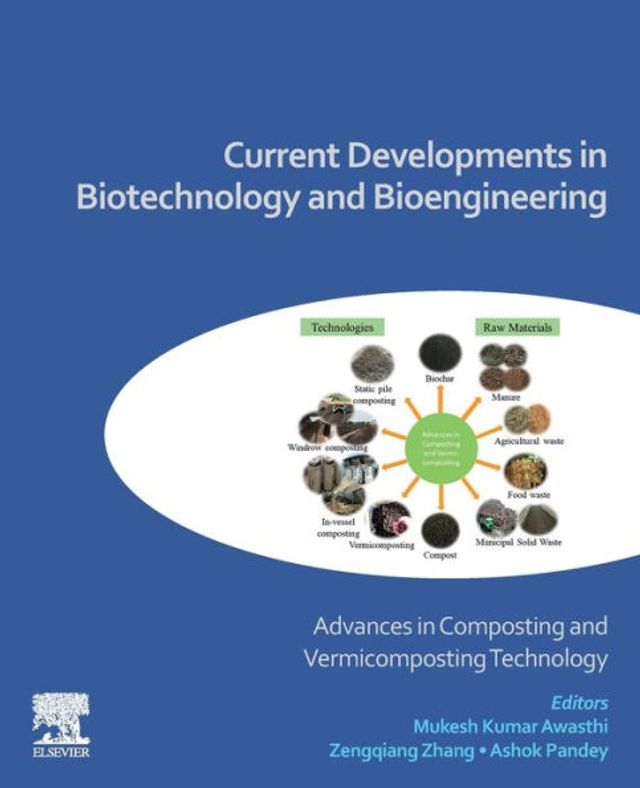Home
Current Developments Biotechnology and Bioengineering: Strategic Perspectives Solid Waste Wastewater Management
Loading Inventory...
Barnes and Noble
Current Developments Biotechnology and Bioengineering: Strategic Perspectives Solid Waste Wastewater Management
Current price: $210.00


Barnes and Noble
Current Developments Biotechnology and Bioengineering: Strategic Perspectives Solid Waste Wastewater Management
Current price: $210.00
Loading Inventory...
Size: Paperback
*Product Information may vary - to confirm product availability, pricing, and additional information please contact Barnes and Noble
Strategic Perspectives in Solid Waste and Wastewater Management
explores conventional and advanced biotechnologies for waste management, including socio-economic aspects, techno-economic feasibility, models and modeling tools, and a detailed life-cycle assessment approach in solid waste (SW) and wastewater (WW). These innovative technologies are highly applicable to current real-world situations. The enormous increase in the quantum and diversity of SW and WW - including waste materials generated due to human activity and their potentially harmful effects on the environment and public health - have led to increasing awareness about an urgent need to adopt novel technologies for appropriate management of both SW and WW.
While there is an obvious need to minimize the generation of wastes and to reuse and recycle them, the technologies for managing such wastes can play a vital role in mitigating problems. Besides recovery of substantial energy, these technologies can lead to a considerable reduction in the overall waste quantities requiring final disposal, which can be better managed for safe disposal in a controlled manner while meeting pollution control standards.
explores conventional and advanced biotechnologies for waste management, including socio-economic aspects, techno-economic feasibility, models and modeling tools, and a detailed life-cycle assessment approach in solid waste (SW) and wastewater (WW). These innovative technologies are highly applicable to current real-world situations. The enormous increase in the quantum and diversity of SW and WW - including waste materials generated due to human activity and their potentially harmful effects on the environment and public health - have led to increasing awareness about an urgent need to adopt novel technologies for appropriate management of both SW and WW.
While there is an obvious need to minimize the generation of wastes and to reuse and recycle them, the technologies for managing such wastes can play a vital role in mitigating problems. Besides recovery of substantial energy, these technologies can lead to a considerable reduction in the overall waste quantities requiring final disposal, which can be better managed for safe disposal in a controlled manner while meeting pollution control standards.


















